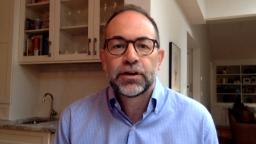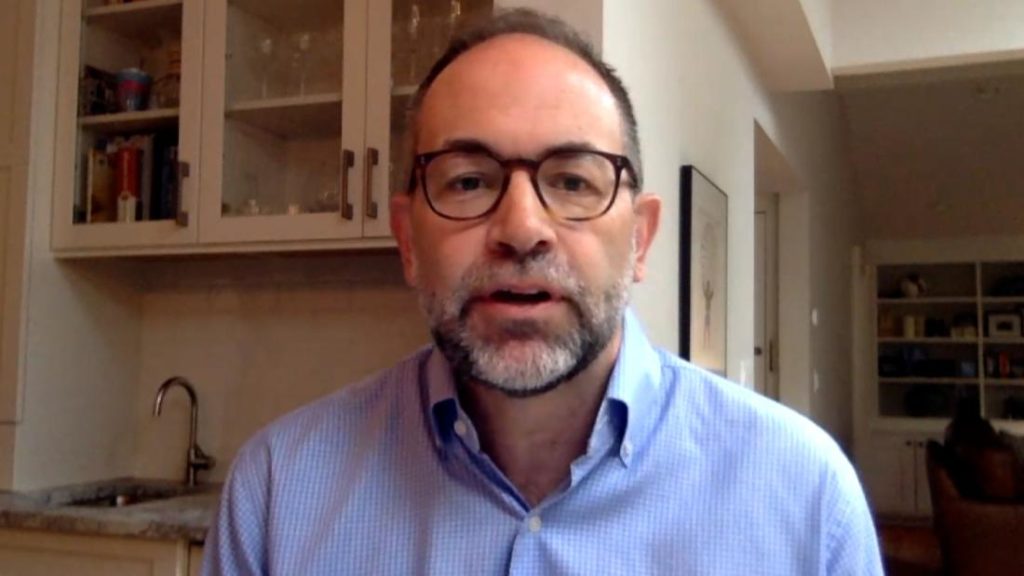
“Emily Wilder was let go because she had a series of social media posts that showed a clear bias toward one side and against another in one of the most divisive and difficult stories we cover,” said Brian Carovillano, the AP’s managing editor, on CNN’s “Reliable Sources” Sunday. “It was a difficult decision; it was not an easy decision, and it was not a personal decision, and we wish her all the best.”
Before joining the AP, Wilder was an active member of pro-Palestinian groups at her college. She was a proponent of Palestinian human rights and a critic of the Israeli government.
Last week, during the height of the recent war between Israel and the Palestinians, the Stanford College Republicans group called out Wilder for her tweets. Soon after, the AP fired Wilder — a unanimous decision among some senior managers at the AP, Carovillano said.
The AP believes Wilder’s tweets could have put its journalists in danger — if a perception exists that the AP is taking sides in a conflict, it could endanger journalists who are reporting inside a war zone, as AP journalists were doing at the time Wilder was tweeting, he said.
“It’s really important that we maintain our credibility on these stories,” Carovillano said. “Journalists’ safety is at stake and the AP’s credibility is at stake. Our credibility is constantly under attack. Our social media guidelines exist to protect that credibility, because protecting our credibility is the same as protecting journalists.”
Carovillano noted the AP believes “it’s everyone’s responsibility to maintain that credibility.”
“It gives us no confidence that any one of us couldn’t be next, sacrificed without explanation. It has left our colleagues — particularly emerging journalists — wondering how we treat our own, what culture we embrace and what values we truly espouse as a company,” the letter said.
Carovillano acknowledged that the AP needs to do more to help its journalists when they come under fire on social media.
“Our internal discussions have clearly surfaced a need for better tools to be in place when journalists feel threatened or attacked online,” he said.
But Carovillano noted that the AP takes care of its journalists, fighting to get them out of prison and working with law enforcement to end harassment of reporters. So he rejected criticism that the AP fired Wilder because it was pressured by the Stanford Republican group.
“That would never happen and that didn’t happen here,” Carvovillano said. “This is the Associated Press, so anyone who thinks the AP would be cowed by the college Republicans does not know very much about the AP.”
You may also like
-
Afghanistan: Civilian casualties hit record high amid US withdrawal, UN says
-
How Taiwan is trying to defend against a cyber ‘World War III’
-
Pandemic travel news this week: Quarantine escapes and airplane disguises
-
Why would anyone trust Brexit Britain again?
-
Black fungus: A second crisis is killing survivors of India’s worst Covid wave

